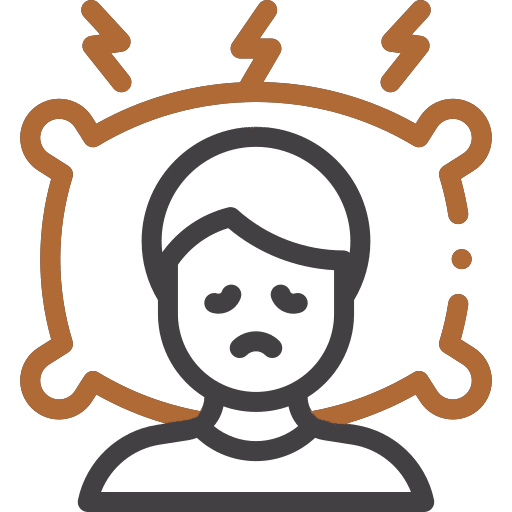Methamphetamine, or meth, is a powerful drug that can hook people in its grip. Trying to quit this addictive stimulant can be really tough, and that’s where meth withdrawal comes into the picture. Withdrawal is the process your body and mind go through when you stop using meth after being dependent on it.
In this article, we’ll talk about meth withdrawal in a way that’s easy to understand. We’ll cover the signs and symptoms you might experience during this challenging time. It’s crucial to know what to expect during withdrawal, not only for those going through it but also for their friends, family, and healthcare providers who can offer support.
In a recent study, an alarming 70% of participants admitted to experiencing strong cravings or constantly thinking about Meth when they entered the study. This intense desire for the drug is one of the most commonly reported symptoms of addiction.

















